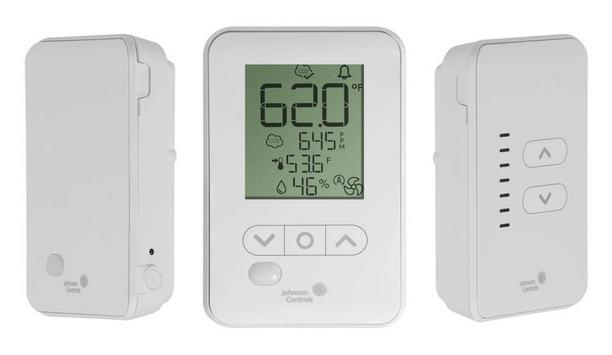57 percent (around 12 million systems) of the approximate 21 million heating systems installed in Germany are insufficiently efficient. This is the central result of the surveys that the Federal Association of Chimney Sweepers (ZIV) and the Federal Association of the German Heating Industry (BDH) carry out annually.
“Every second heating system in Germany is more than 20 years old. From the age of 15, a boiler is considered energetically inefficient,” explains Oswald Wilhelm, President of the ZIV. In contrast, there are just around 4.7 million condensing systems that are state-of-the-art. This corresponds to a share of 23 percent of the total stock. A further 20 percent of the systems are considered efficient and at the same time integrate renewable energies. This applies to around 0.8 million biomass boilers, to approx. one million heat pumps, and around 2.3 million condensing boilers in combination with a solar thermal system. Greenhouse gas emissions in the building sector must be reduced by 2030.
“A look at the existing German heating systems shows that the significant efficiency potential of the heating transition has not yet been exhausted,” comments BDH President Uwe Glock. “Politicians must act now and address the heating market more closely in order to mobilize the guarantors to actively participate in the CO2 -to participate in mitigation and climate protection.”
Climate Target For 2030
Germany is likely to fall significantly short of the 2020 climate targets for the building sector. The goals for 2030 can only be achieved through increased efforts. According to the federal government's climate protection plan, greenhouse gas emissions in the building sector must be reduced from 119 million tons (reference year 2014) to 72 million tons by 2030.
“This is technically possible, but there is a lack of suitable framework conditions. The heating technologies available today make this goal possible, but extensive funding measures are required while maintaining the technological openness,” says Glock. Together with associations such as BDI, bdew, dena, DGB, ZDH, the BDH has long been advocating technology-neutral tax incentives for energy-efficient building renovation in addition to the market incentive program and the KfW programs.
















